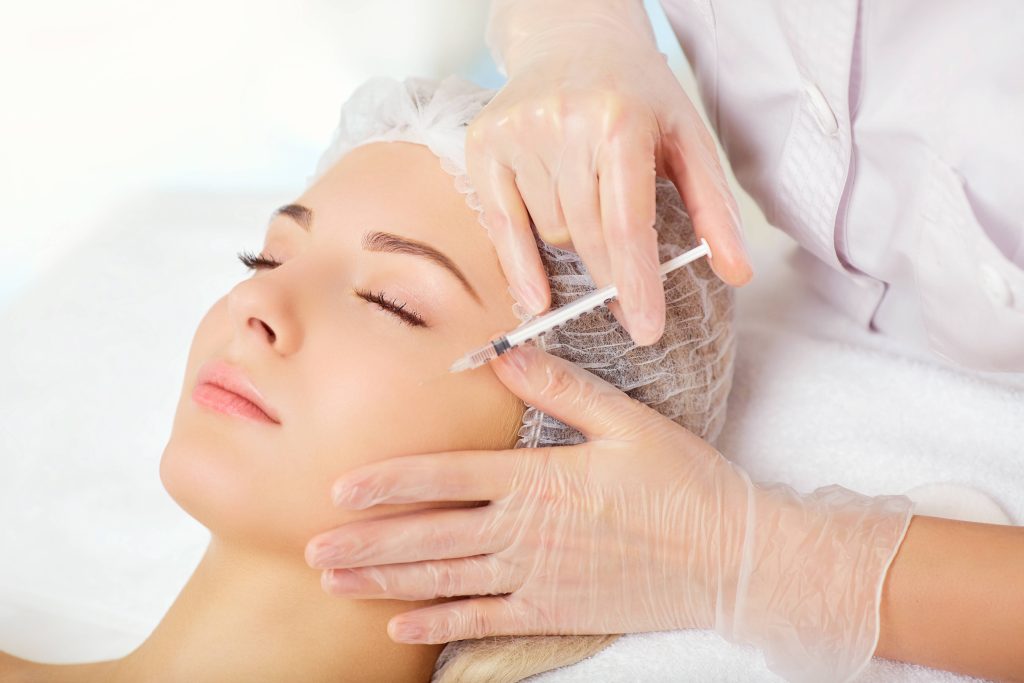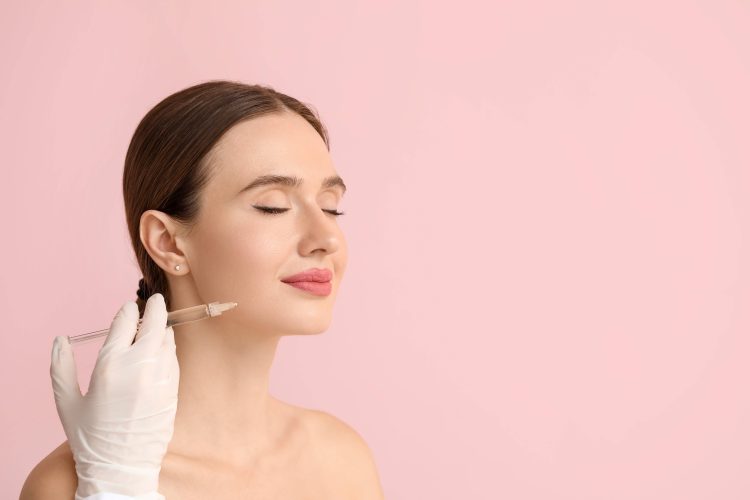Introduction
The quest for radiant, glowing skin has driven the beauty and wellness industry to innovate with unconventional and traditional methods alike. Among these methods, water acupuncture—a fusion of Eastern medicine and modern hydration therapies—has emerged as a promising technique. Advocates claim it enhances facial gloss by promoting better hydration, circulation, and skin elasticity. But can this minimally invasive technique deliver on its promises? Let’s delve into the science, process, benefits, and potential drawbacks of water acupuncture to determine its effectiveness.
What Is Water Acupuncture?
Water acupuncture is a specialized procedure that blends traditional acupuncture techniques with hydration therapy. Instead of using conventional acupuncture needles alone, this method involves injecting small amounts of sterile water or hyaluronic acid-based solutions into specific acupuncture points. The goal is to leverage the therapeutic benefits of acupuncture while directly hydrating and nourishing the skin.
- Origins and Philosophy: Rooted in Traditional Chinese Medicine (TCM), acupuncture aims to balance the body’s energy or “qi” by stimulating specific points. Water acupuncture builds on this philosophy by adding moisture directly to targeted areas, enhancing skin health.
- Modern Adaptation: Contemporary practitioners combine TCM principles with dermatological science to target fine lines, dullness, and dryness effectively.
The Science Behind Facial Gloss
Facial gloss or skin radiance is influenced by several factors, including hydration, collagen levels, and microcirculation. Here’s how these elements contribute:
- Hydration: Well-hydrated skin appears plumper, smoother, and more reflective, enhancing gloss.
- Collagen and Elastin: These proteins maintain skin’s elasticity and firmness, reducing dullness.
- Blood Circulation: Improved microcirculation nourishes the skin, delivering essential nutrients and oxygen.
- Sebum Balance: A balanced production of sebum (natural oils) ensures a dewy, non-greasy glow.
Water acupuncture’s mechanism addresses these factors directly, making it a unique approach to improving facial gloss.
The Procedure
Understanding the water acupuncture process is crucial for evaluating its potential benefits:
- Consultation: A trained practitioner assesses the individual’s skin type, concerns, and goals.
- Preparation: The face is cleansed, and numbing cream may be applied to minimize discomfort.
- Injection Points: Specific acupuncture points are identified based on TCM principles and skin needs.
- Injection: Tiny amounts of hydrating solutions (e.g., sterile water or hyaluronic acid) are injected using fine needles.
- Post-Procedure Care: Aftercare includes soothing treatments like cool compresses or anti-inflammatory serums.
The procedure typically takes 30–60 minutes, and noticeable results can appear within a week.
Benefits of Water Acupuncture
1. Enhanced Hydration
Injecting moisture directly into the skin’s dermal layers provides deep hydration, which topical products often fail to achieve. This deep hydration can:
- Reduce fine lines caused by dryness.
- Restore skin’s natural barrier function.
- Promote a radiant, dewy appearance.
2. Improved Circulation
By stimulating acupuncture points, the procedure encourages better blood flow to the skin, delivering oxygen and nutrients that:
- Brighten dull complexions.
- Accelerate skin repair and regeneration.
- Reduce puffiness and inflammation.
3. Boosted Collagen Production
Some solutions used in water acupuncture contain nutrients that promote collagen synthesis, enhancing skin elasticity and firmness over time.
4. Natural-Looking Results
Unlike invasive cosmetic procedures, water acupuncture offers subtle, natural enhancements without significant downtime.
Potential Risks and Considerations
While water acupuncture is generally considered safe, there are some potential risks and limitations to be aware of:
1. Side Effects
- Temporary redness, swelling, or bruising at injection sites.
- Minor discomfort during the procedure.
2. Allergic Reactions
Rarely, individuals may experience allergic reactions to the injected solution. It’s essential to discuss any allergies or sensitivities with the practitioner beforehand.
3. Cost
As a specialized procedure, water acupuncture can be expensive. Costs vary depending on the practitioner’s expertise and location.
4. Maintenance
Results are not permanent, and ongoing treatments may be necessary to sustain facial gloss.

Comparisons to Other Treatments
How does water acupuncture stack up against other popular treatments for skin radiance?
| Treatment | Pros | Cons |
|---|---|---|
| Water Acupuncture | Deep hydration; minimal downtime | Costly; requires maintenance |
| Microneedling | Boosts collagen; versatile | Longer recovery; potential irritation |
| Chemical Peels | Exfoliates deeply; brightens skin | Can be harsh; risk of sensitivity |
| Laser Resurfacing | Long-lasting results | High cost; significant downtime |
| Topical Serums | Non-invasive; affordable | Limited penetration; slower results |
Real-World Results
Case Studies
- Individual A: A 35-year-old with dry, lackluster skin reported improved hydration and glow after three sessions of water acupuncture.
- Results: Skin appeared smoother and brighter.
- Duration: Effects lasted approximately four months.
- Individual B: A 42-year-old seeking alternatives to fillers found water acupuncture enhanced skin texture without the overly “done” look of injectables.
- Results: Subtle yet noticeable improvement in elasticity and radiance.
Testimonials
- “My skin feels so plump and healthy! I noticed the glow within days.” – Sarah, 29
- “It’s like a facial and hydration boost rolled into one. Perfect before events!” – Maria, 37
Expert Opinions
Dermatologists and TCM practitioners weigh in on water acupuncture:
- Dermatologist’s View: “While water acupuncture shows promise, its efficacy largely depends on the solution used and the practitioner’s skill.” – Dr. Emily Tan
- TCM Practitioner’s View: “Combining hydration with acupuncture amplifies the benefits of both techniques, addressing skin health holistically.” – Dr. Ming Zhao
Conclusion
Water acupuncture represents an innovative intersection of traditional and modern skincare techniques. By targeting hydration, circulation, and elasticity, it offers a holistic approach to enhancing facial gloss. While the results may not rival invasive cosmetic procedures, water acupuncture provides a natural-looking, low-risk option for those seeking radiant, glowing skin.
As with any skincare treatment, success depends on choosing a qualified practitioner and maintaining realistic expectations. For individuals looking to elevate their skincare regimen, water acupuncture may be worth exploring.












































